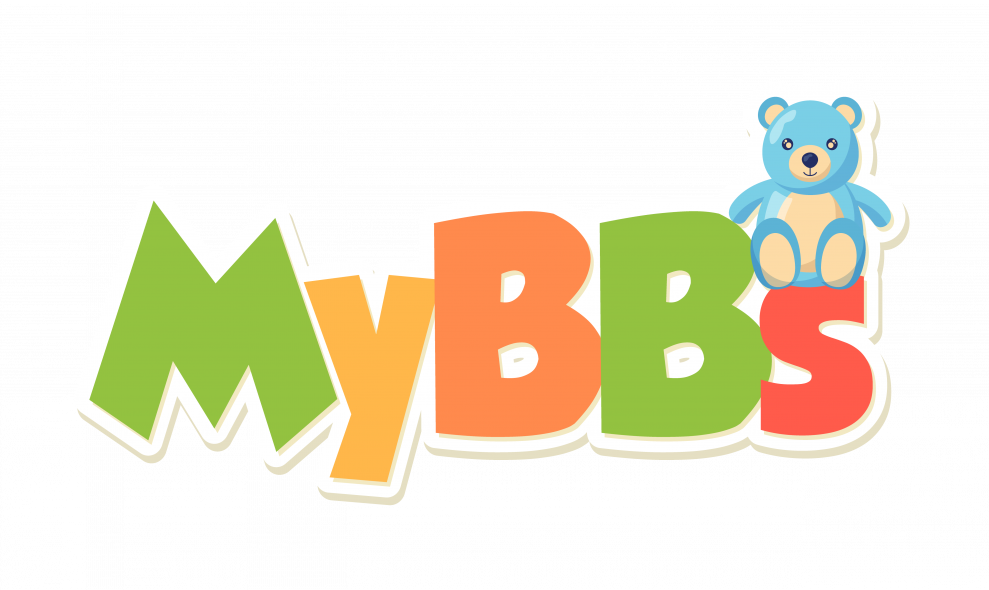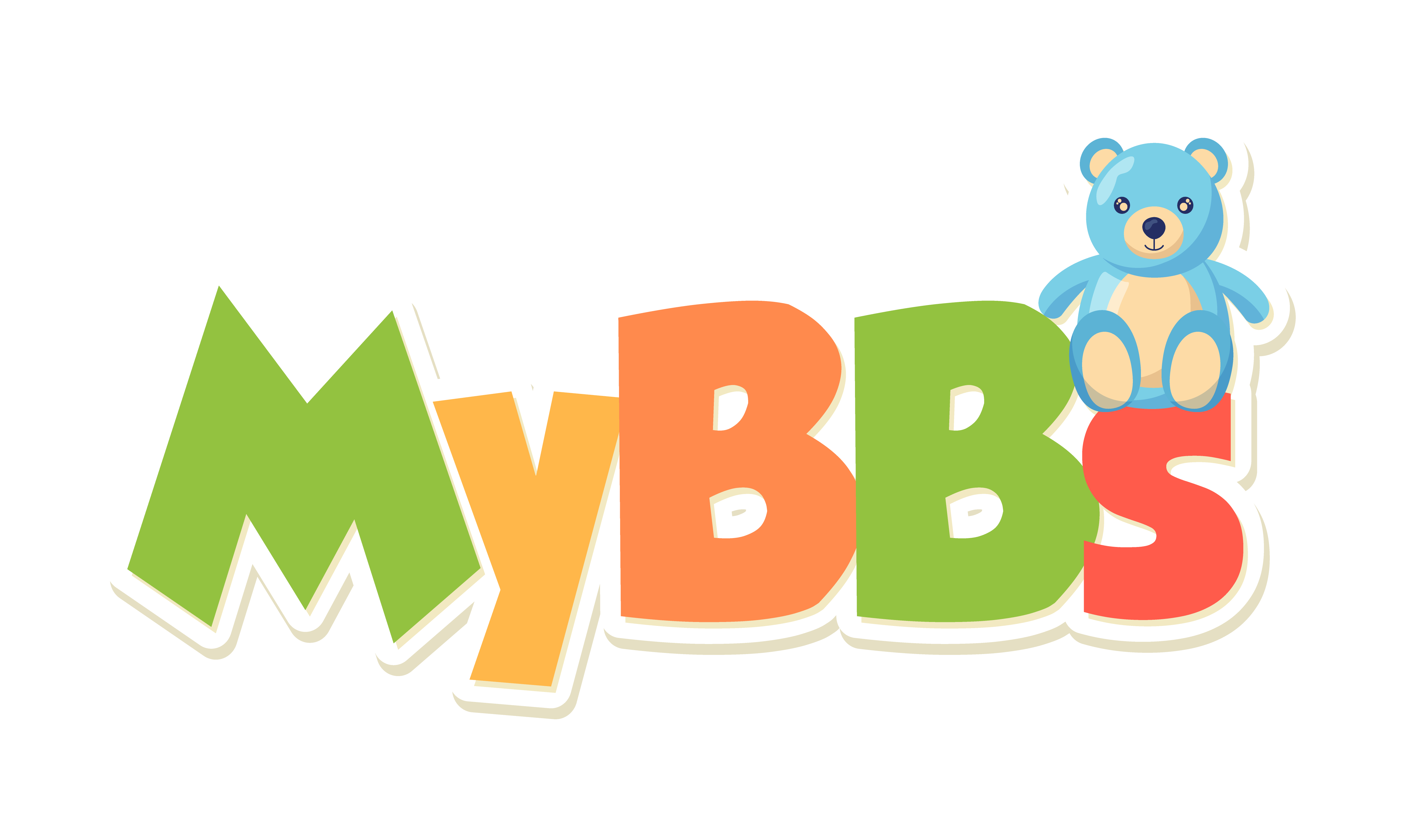Why Beanie Babies
5 Surprising Educational Benefits of Playing With Stuffed Animal Toys
The average child between the ages of 8 to 12 spends between 4 to 6 hours watching some form of screen entertainment. Many parents are concerned about this statistic but don’t know what to do about it.
A great solution is to give your child another worth-wild activity from the start.
Discover all the ways playing with stuffed animal toys can not only keep your children entertained and away from the screen but also be educational.
1. Identify Animal Species
One of the main benefits of stuffed animals is that they serve as a teaching opportunity.
By observing, touching, and moving these toys children familiarize themselves with the colors, body parts, and even noises of each animal.
Nothing forms a more personal bond and sets the stage for long-term memories than having a hands-on experience.
You, as the parent, can translate what your child learns on their own to real life as well. Do this by taking your child to a zoo or park to show them the animals that match their toys.
Children are excited to learn that they have a piece of nature right at their fingertips. They will only want to collect more plush animals to expand their world.
Learning animal species will also give them a head start in school as they begin to explore more in-depth knowledge of animals.
2. Create Empathy
Stuffed animal toys for kids are a gateway to friendships, which means their compassion, understanding, and empathy toward others will flourish.
How does this relate to education? Research has shown a relationship between developed empathy and academic intelligence.
So, when your child plays with their pretend friends they begin to form a bond with them. They become concerned if a toy is lost or gets pretend hurt. They then have to comfort and care for their toy.
Children can also create friendships between each toy, mimicking a bonding experience that they can later apply to real life.
This experience makes them more aware of social queues and creates an ability to understand societal issues easier.
3. Develop Creativity and Problem Solving
Playing with stuffed animals automatically begins a creative process.
Kids must give each animal a name, a personality, and even a home. Relationships between animals develop into storylines, plots, and even disasters.
Creativity of this kind is essential for children to think on their own and make their own decisions later in life.
Pretend play is also an opportunity for kids to create scenarios that require problem-solving. Their monkey might be hungry but the tiger ate all the bananas. So, what should the monkey do?
This prepares them to think beyond what they might have experienced first-hand. When they do encounter a problem in their life they have the experience of playing it out already with their toys.
4. Invoke Responsibility
One of the best educational benefits of stuffed animals is that they give children ownership. The toys belong to them. They must care for them or else the toys will break or get lost.
Stuffed animals in particular work well to enhance a sense of responsibility because they resemble real-life animals. It is easy to form an emotional bond and naturally invoke a nurturing response.
Allow your child to take their Beanie Babies with them to the grocery store or on a family trip. Tell them that they are responsible for their toy. They must keep it safe, clean, and know where it is at all times.
If something happens to the toy then use it as a lesson for them to learn from any mistake they made.
This will translate into their early school years where they will have to carry a heavy load of responsibilities like carrying their books, school supplies, and lunch.
5. Enhance Communication
Even at an early age children try to communicate by crying. As they grow into toddlers you see them trying to display their desires but sometimes they revert to crying.
Helping your kids learn healthy ways of expression and communication is needed to develop verbal and nonverbal skills. That is why the best stuffed animals are ones that talk back.
Your child’s imagination will create these types of conversions where they will express their needs through the animals.
Communication skills are necessary to participate in school group activities. It also helps with the expression of ideas and the desire to share them with others.
Your child practices these skills in a safe and comfortable environment before moving on to the real thing.
Playing Translates to Learning
The most important thing to remember is that playing is just a fun way of learning. Therefore, use them both simultaneously to get the best results.
When your child plays they can retain information more rather than simply memorizing. So, playing with animals toys is going to work better than making your child say animal names with no reference.
Plush animals give your child a tangible object to learn, create, and grow with. This means that children can keep their animals from toddlerhood into adulthood, remembering what they learned the whole way.
Finding Stuffed Animal Toys
Now that you know how important stuffed animal toys are for your children you want to find the best ones.
The last thing you need is for your child’s toy to break or be defective. Beanie Babies are quality products that come in a variety of colors, animals, and even seasons.
Check our shop for the newest Beanie Babies available to add to your child’s toy box.

